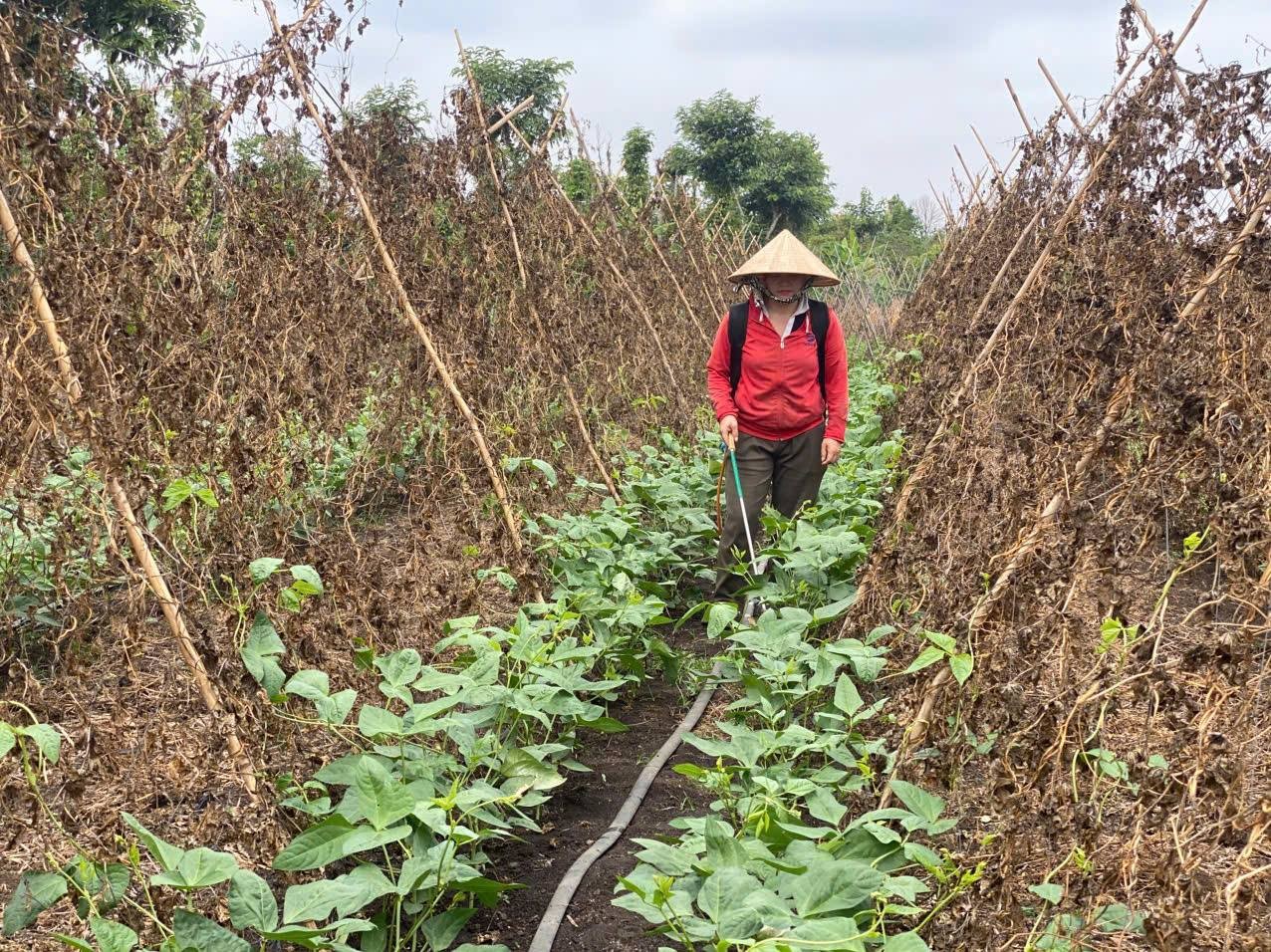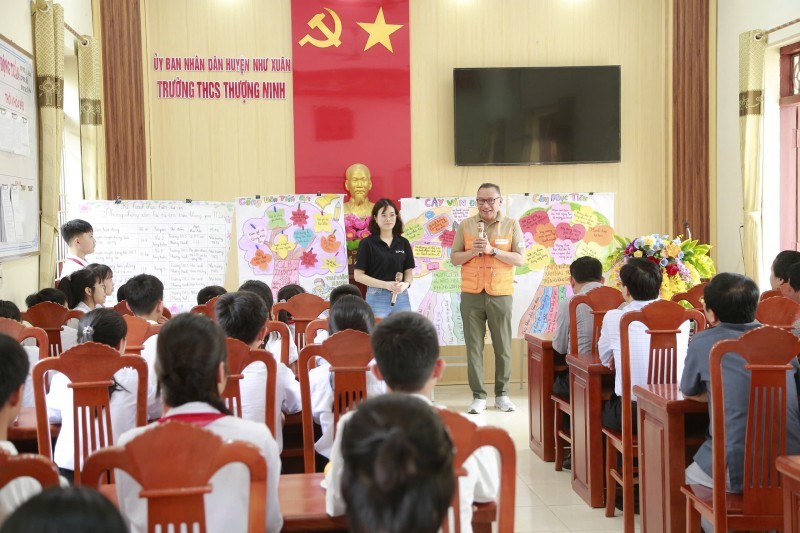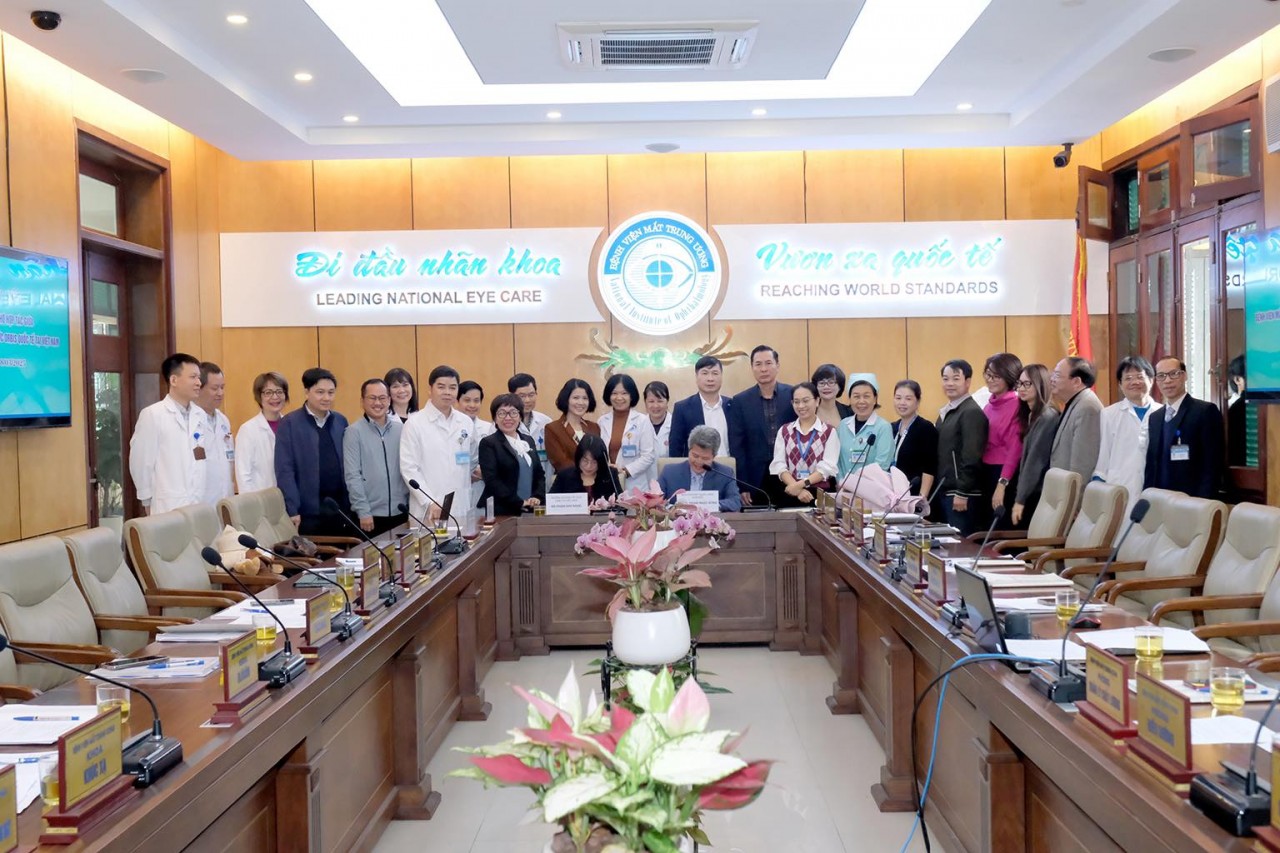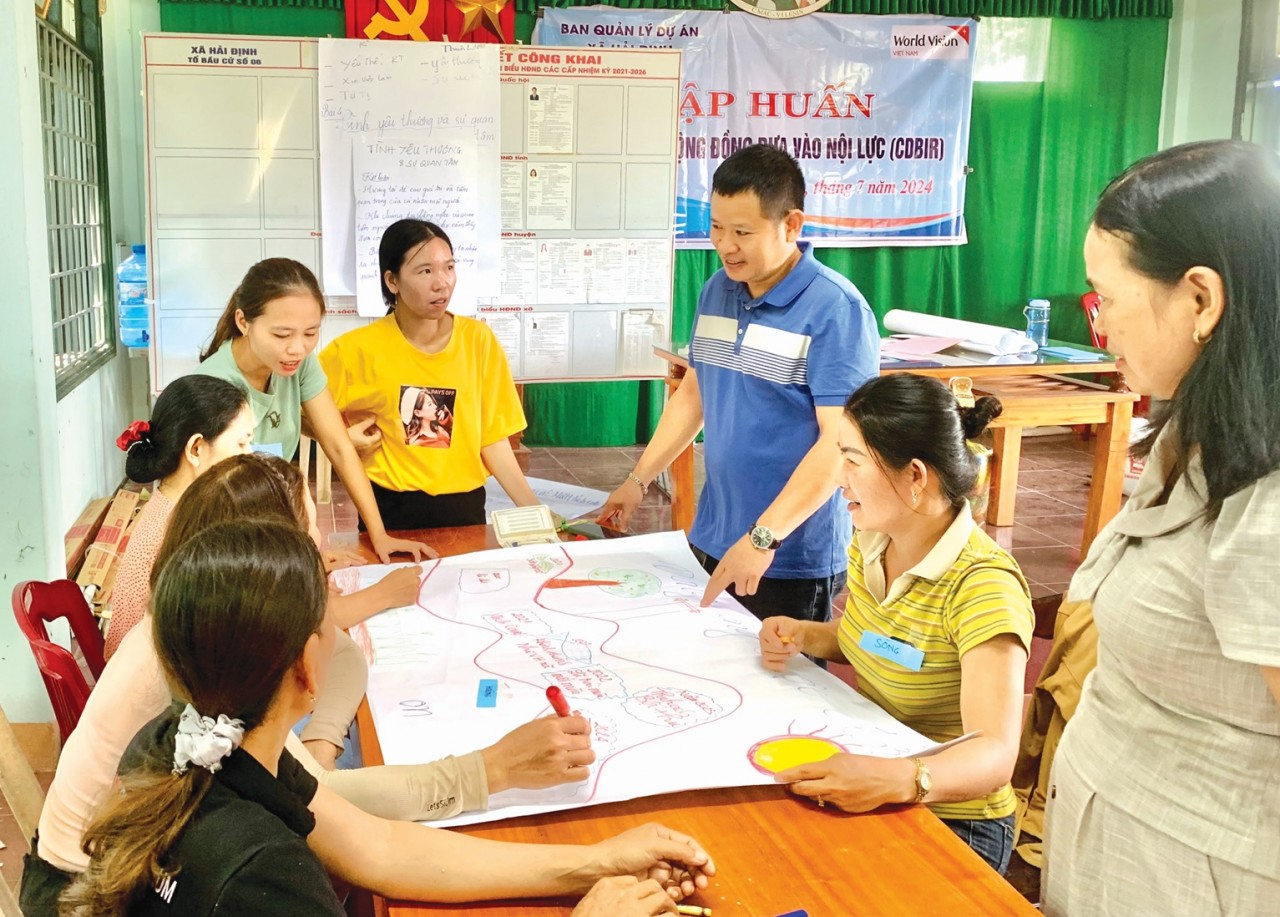World NGO Day
Working Together Towards a Higher Calling: Thoughts on Current and Future NGOs Activities
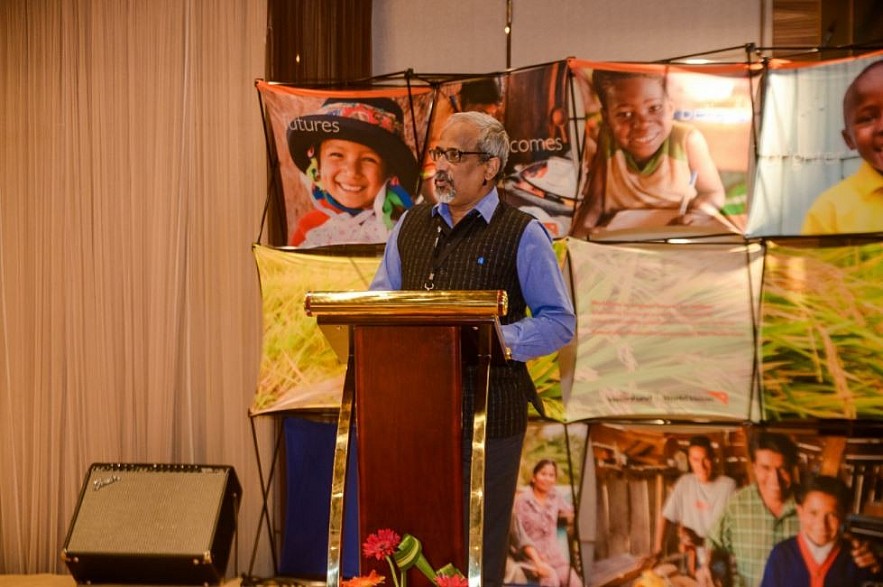 |
| Cherian Thomas - the Regional Leader of South Asia and Pacific, World Vision International. |
In recent years, political leaders, governments and multi-lateral organisations have strongly affirmed positive contributions made by non-governmental organisations (NGOs) in addressing severe human needs, especially in contexts adversely affected by COVID-19 or political unrest. Contributions from individuals and institutional donors seem to be on the uptrend, and there is a surge in humanitarian programming activities on the ground. However, the brutal truth lies in the fact that NGOs are increasingly having to operate in contexts that place greater constraints on our staff and operations than ever before.
Since 2014, February 27 has been observed as World NGO Day. It is a tribute to all nongovernmental & not-for-profit organisations and employees, and it seeks to recognise the immeasurable contributions to human society, even in the most difficult circumstances. Today, as we continue to call for greater cooperation between NGOs and the private & public sectors in taking on some of the world's greatest humanitarian challenges, it is also timely to shed light on the increasing contextual limitations faced by NGOs, and consider how we could all work together towards this higher calling.
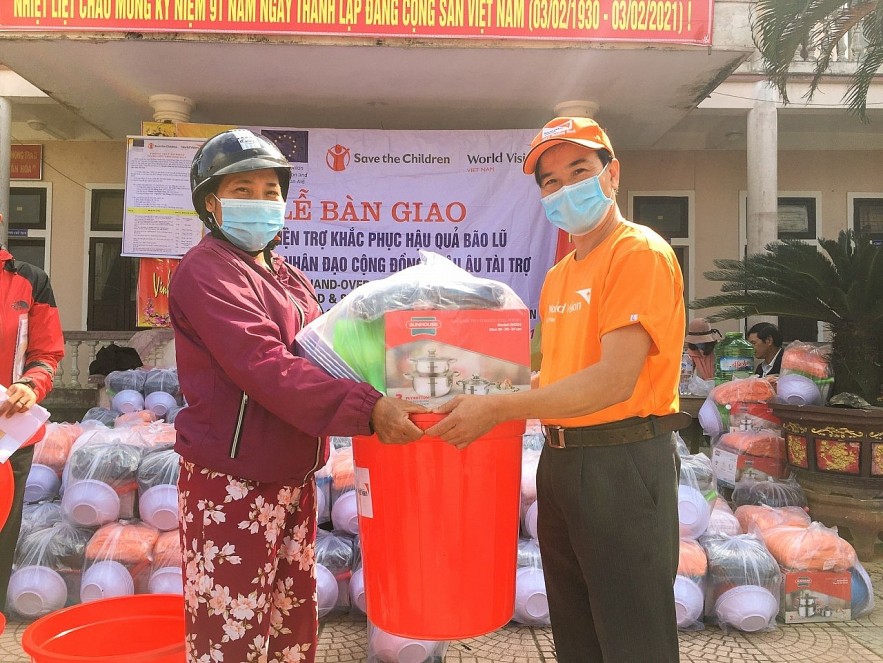 |
| Timely support of World Vision Vietnam has helped people quickly stabilize their lives after natural disasters (photo taken in Hai Lang district - Quang Tri province). |
As a result of the pandemic, 58 million more people are expected to move below the poverty line in SouthernAsia and sub-Saharan Africa alone. Additionally, a report last year estimated that the global NGOs and charities market would shrink by 0.9% from a high of USD 255.71 billion in 2019 to USD 253.34 billion in 2020, mainly due to the lockdowns & restrictions imposed by various countries, following the outbreak of the COVID-19 pandemic and the severe global economic downturn. This is despite a projection that donor engagement is on the rise, and total donor numbers are forecast to reach 2.5 billion by 2030. While an estimated 10 million NGOs exist worldwide, the shrinking operational space and human capacity which we experience is less accounted for.
Rising levels of ethnic, religious, social and political polarisation across the globe have problematised the humanitarian crises which NGOs seek to address. Here, in the Asia Pacific, the most disaster-prone region, where we also have the highest number of refugees and more than half of the world's most vulnerable people, the challenges related to pandemic transmission in densely populated countries, the emergence of strong majoritarian influences and impact of military instability in some countries have led to a diminished role for NGOs, while humanitarian issues have exploded.
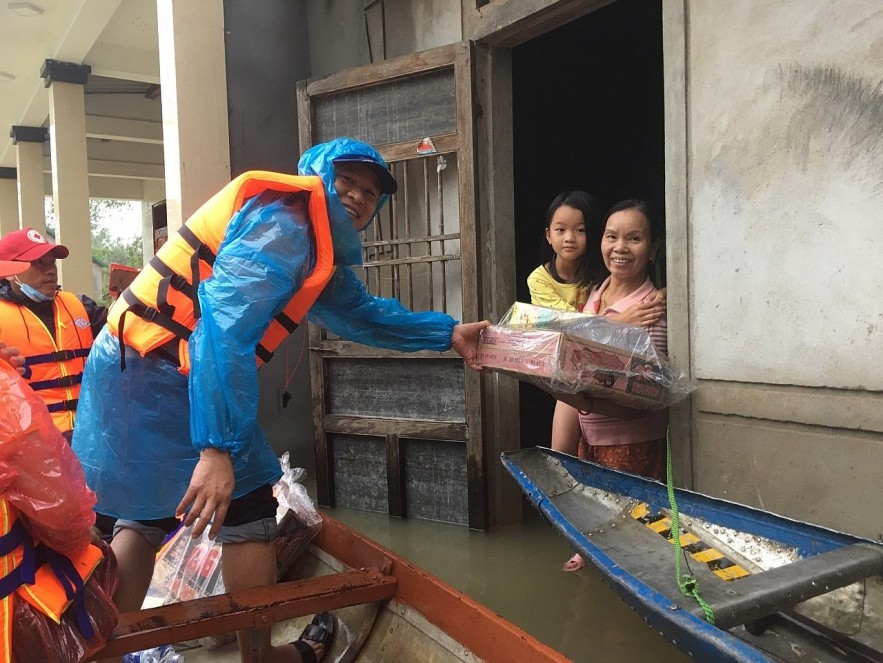 |
| World Vision Vietnam donates food to people affected by natural disasters in Hai Lang district - Quang Tri province. |
On World NGO Day, we need to reflect on the critical role NGOs play both now and in the future. Organisations should be given more opportunities to effectively develop and implement programmes and activities in key areas such as disaster relief, health & nutrition, education, gender equality, social inclusion, safeguarding, livelihoods & climate change, mitigation, shelter, and protection for the world's most vulnerable children and communities. To do this, NGOs need to continue nurturing and maintaining strong, open, and reliable partnerships with government agencies. Simultaneously, there should be a constant effort to improve programme management and use resources efficiently and transparently.
At World Vision, our agenda is clear and unchanging – we stand by and serve the most vulnerable children and communities, even in the most challenging natural and human circumstances. With greater global awareness that we all have a part to play in championing change, our hope remains that we will be able to overcome the shrinking space that faces us in our service to vulnerable children in Vietnam and across the world.
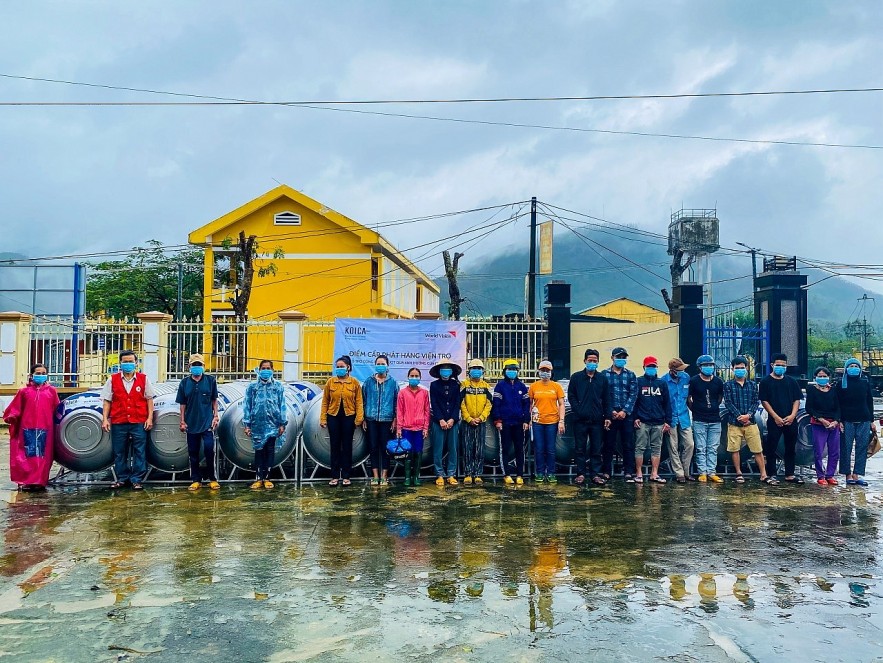 |
| World Vision Vietnam distributes relief goods under the sponsorship of KOICA. |
In Vietnam, over the past three decades and more, World Vision has worked hand-in-hand with the Vietnamese government, other NGOs, and communities to successfully implement many relief and long-term development programs in 18 cities and provinces. Besides, since the COVID-19 pandemic, we have also extended our intervention outside of the operational areas through emergency support packages for people and frontline workers in severe outbreak regions, including Dien Bien Province, Bac Ninh Province, District 12 (Ho Chi Minh City), Thu Duc City (Ho Chi Minh City), District 4 (Ho Chi Minh City), Can Tho Province, and Dong Nai Province. Up to this moment, the total value of World Vision's COVID-19 emergency support activities in Vietnam has been nearly 70 billion VND (USD 3,066,140), with an estimation of more than 1,068,157 beneficiaries, of which 587,681 were vulnerable children.
In the Asia-Pacific region, World Vision has more than 7,300 employees from 18 countries, serving 10.3 million children, families and communities. Along with nearly 40,000 other World Vision employees worldwide, we are proud to partner with local authorities and people in our persistent efforts to improve the well-being of communities, especially the most vulnerable children.
| World Vision is a Christian humanitarian and relief organization with a mission to improve the quality of life for communities, especially poor children in remote areas. World Vision serves everyone, regardless of religion, race, ethnicity, or gender. World Vision has been working in Vietnam since 1988. Since then, World Vision has cooperated with the Vietnamese government and people, and other international non-governmental organizations to implement programs to support, develop, and advocate policy in difficult communities. World Vision's long-term development programs are being implemented in 37 districts in 18 provinces and cities across the country. |
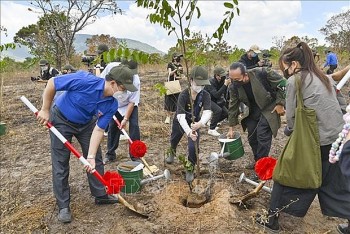 | Binh Thuan: Efforts Made to Improve Disaster Response Skills South central people will have a chance to improve their skills in managing response to disasters and risks caused by extreme weather such as floods, ... |
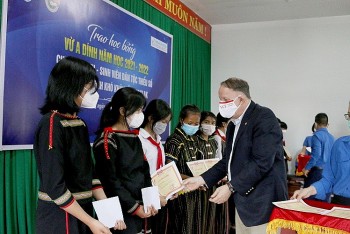 | Gifts Presented to Less Fortunate Children Ahead of 2022 Tet Tet is an appropriate occasion to sit back and show care for each other, be it family or strangers. |
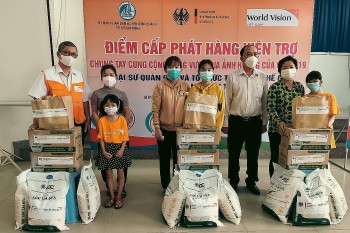 | Vietnam's Localites get Supported in Covid-19 Fight The Covid-19 pandemic is a global threat that does not recognize borders. It will only be overcome through coordinated global action. |
Recommended
 Focus
Focus
35 Years of FES in Vietnam: Fostering Dialogue, Advancing Equity
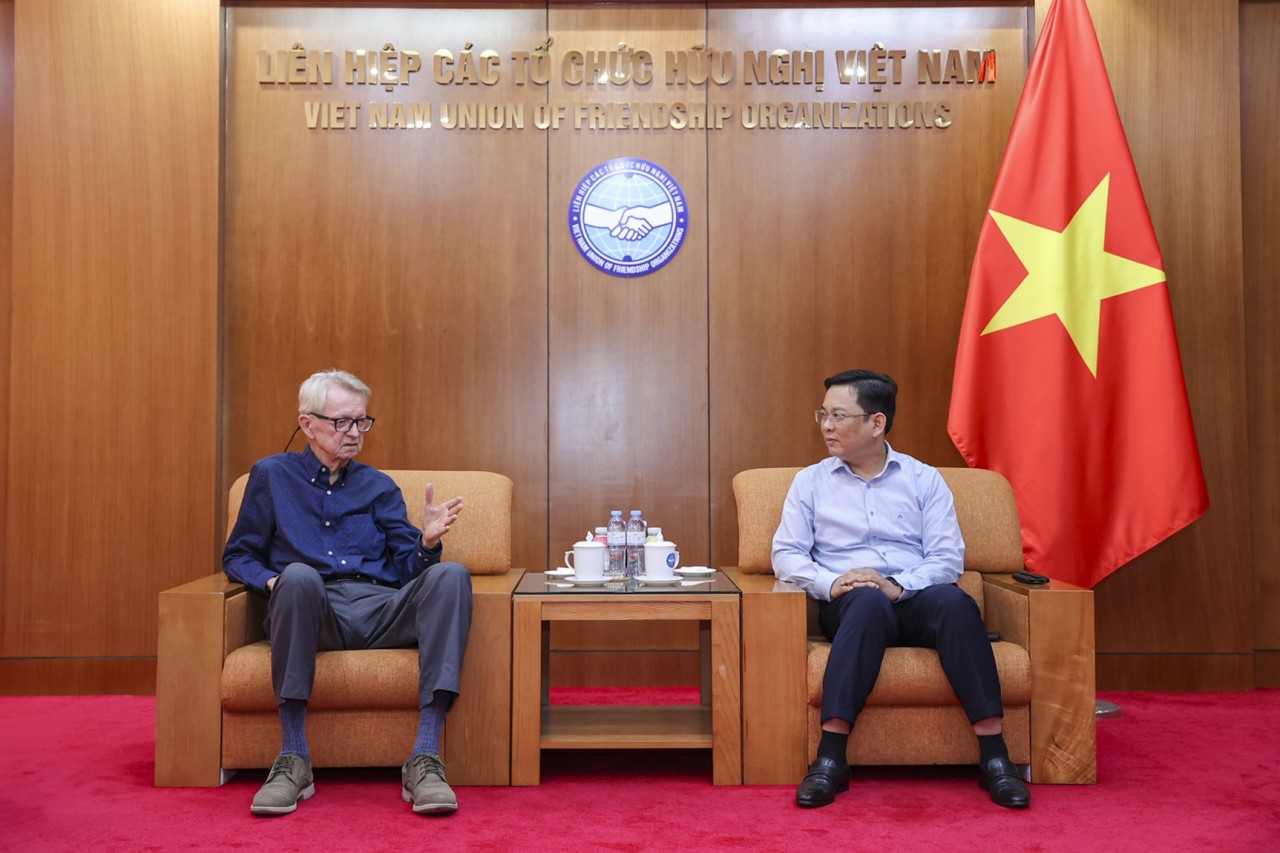 Friendship
Friendship
VUFO Appreciates Contributions of American Veterans in Overcoming Consequences of War
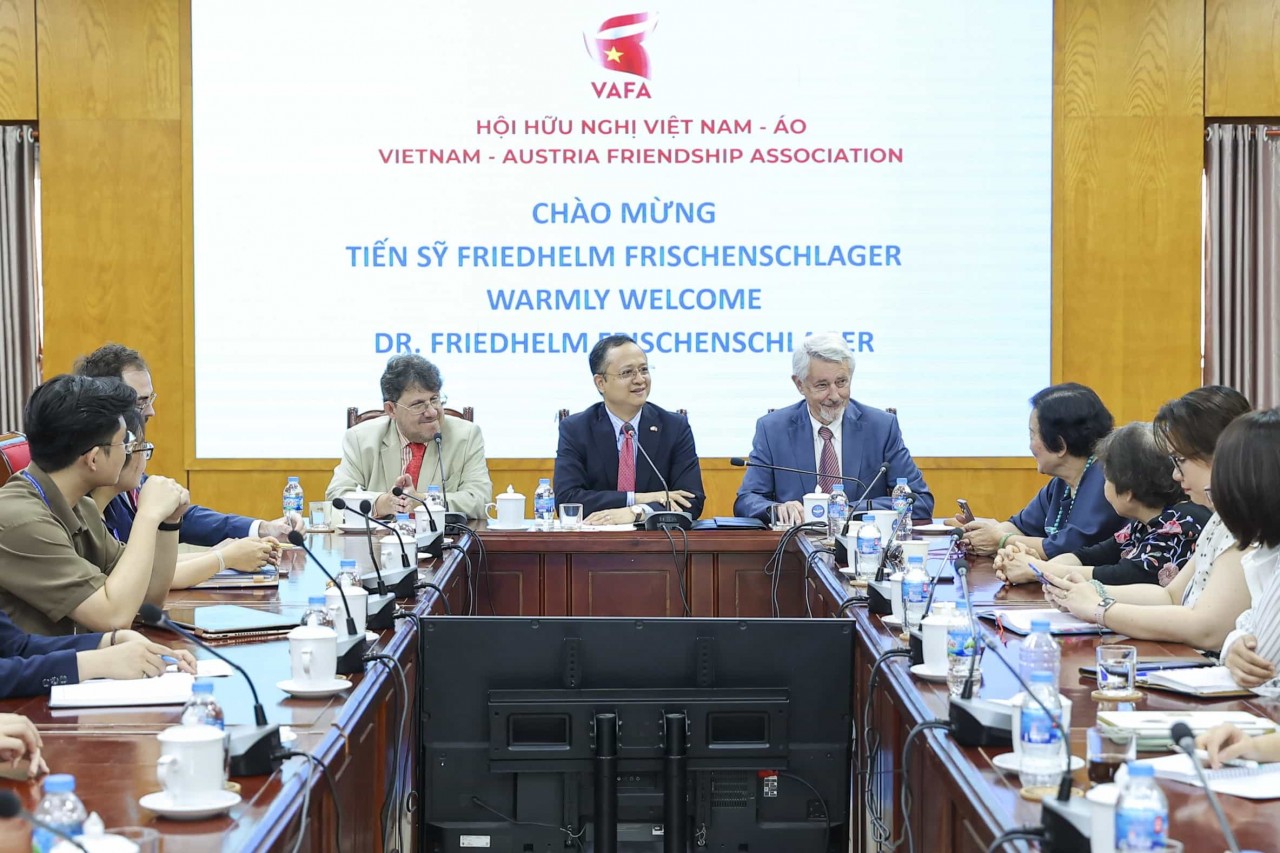 Focus
Focus
Vietnam-Austria Relations: Unlocking the Potential for Cooperation in Key Areas
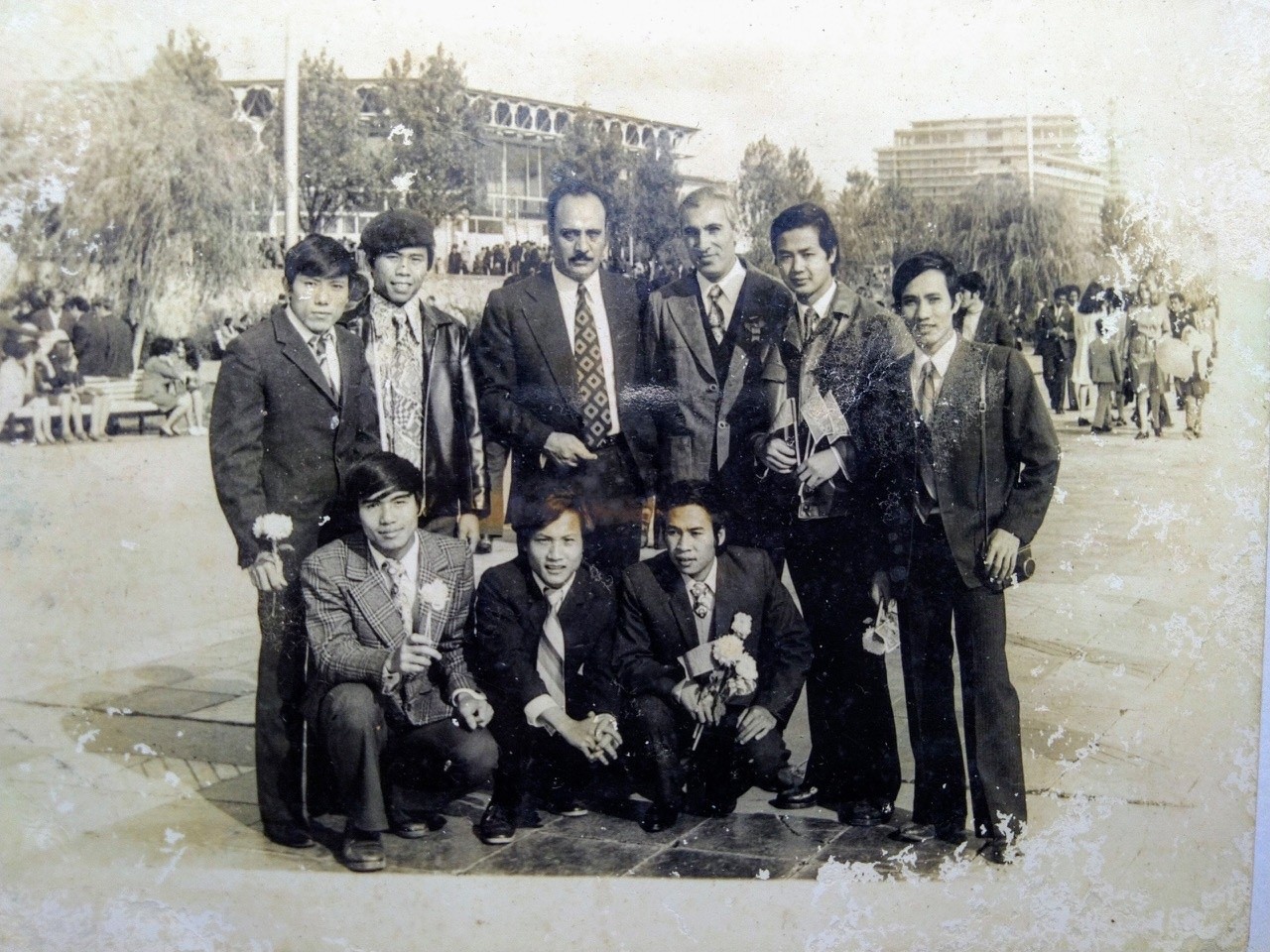 Friendship
Friendship
Vietnam - Azerbaijan: Cherished Memories Should Be Carried Forward with New Achievements
Popular article
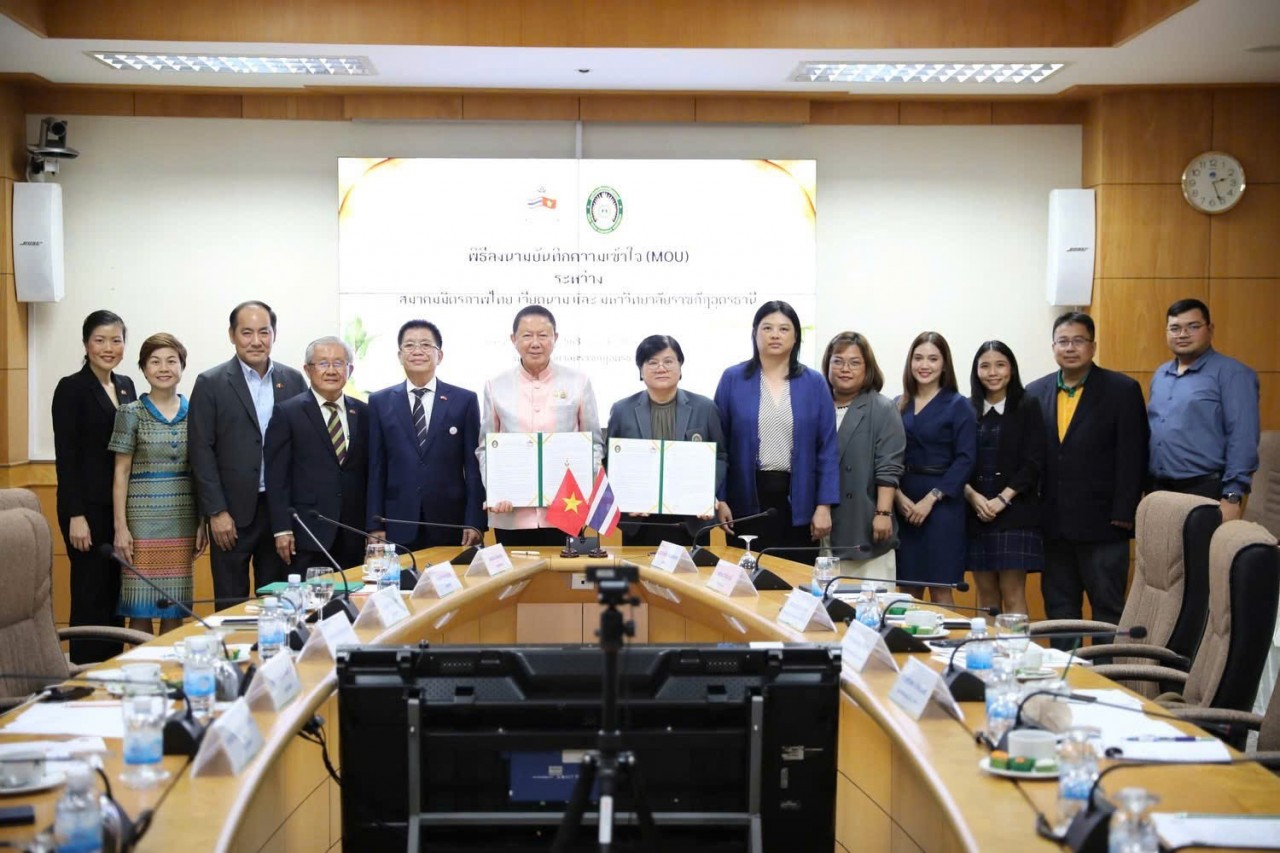 Friendship
Friendship
Center for Vietnamese Studies, Thailand-Vietnam Friendship Association Collaborate on Language Training
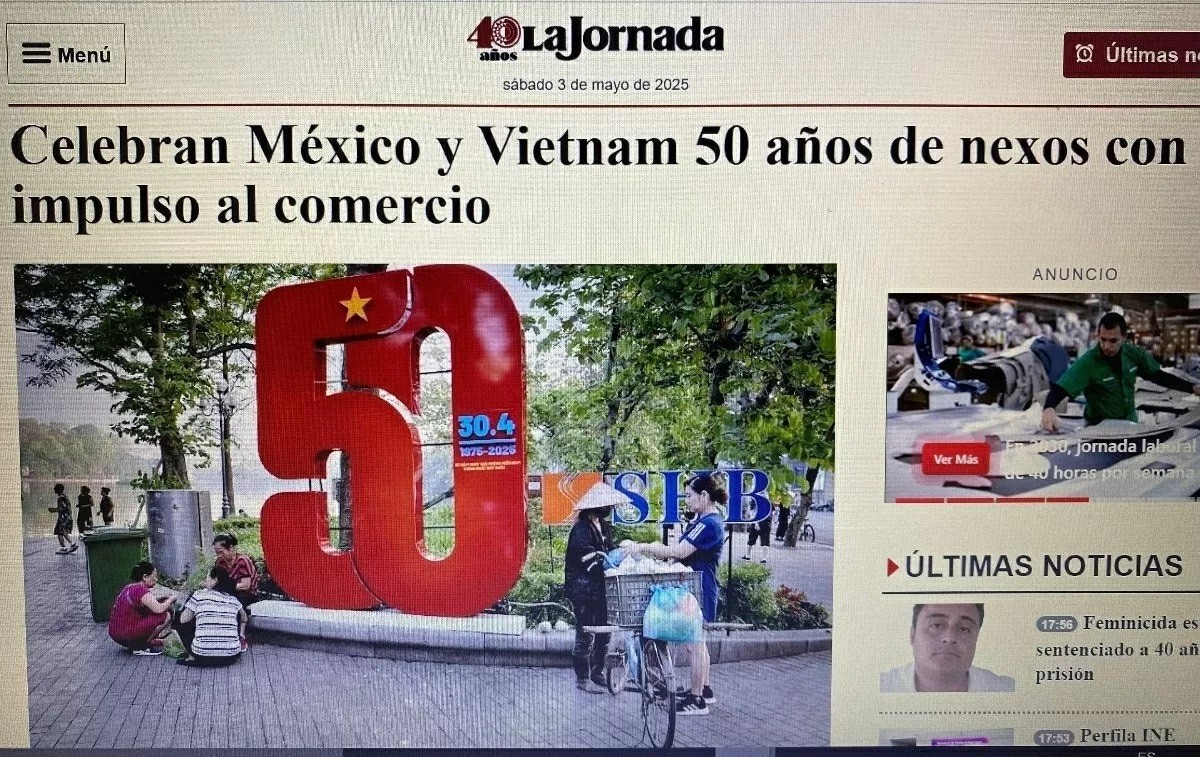 Friendship
Friendship
50 Years of Mexico-Vietnam Diplomatic Relations: Continuous Flourish in All Fields
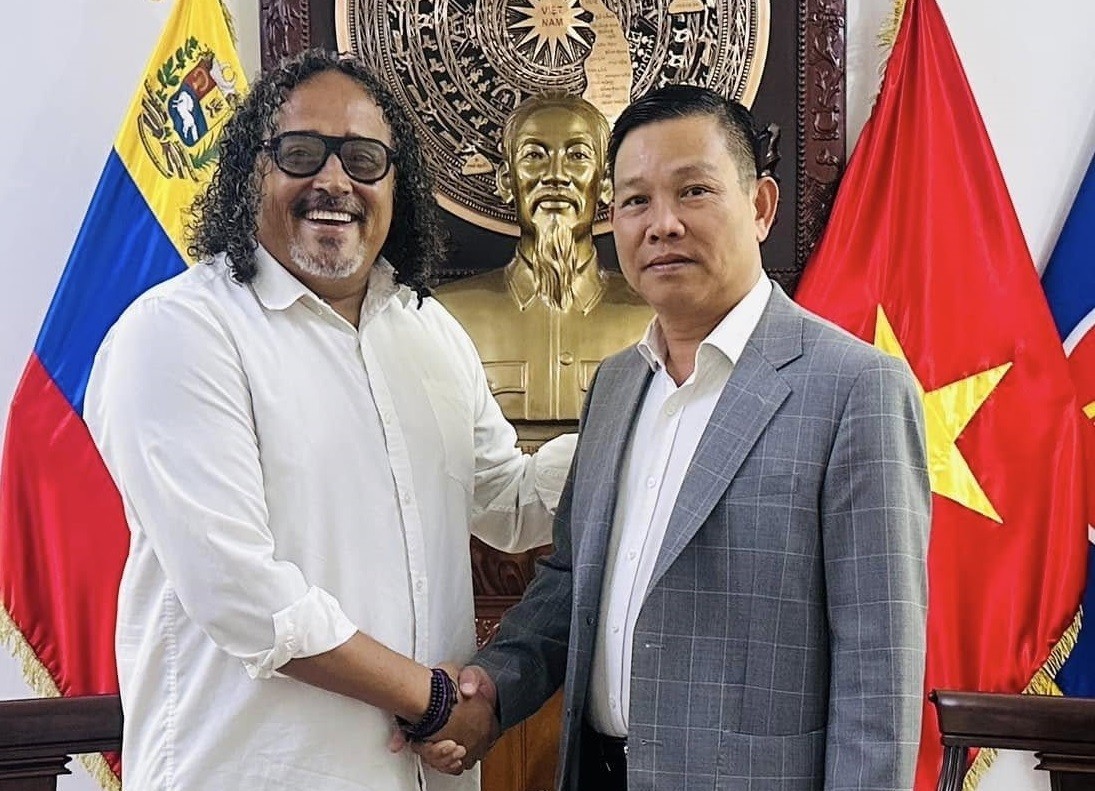 Friendship
Friendship
Venezuelan Artists Commemorate President Ho Chi Minh through Revolution Music
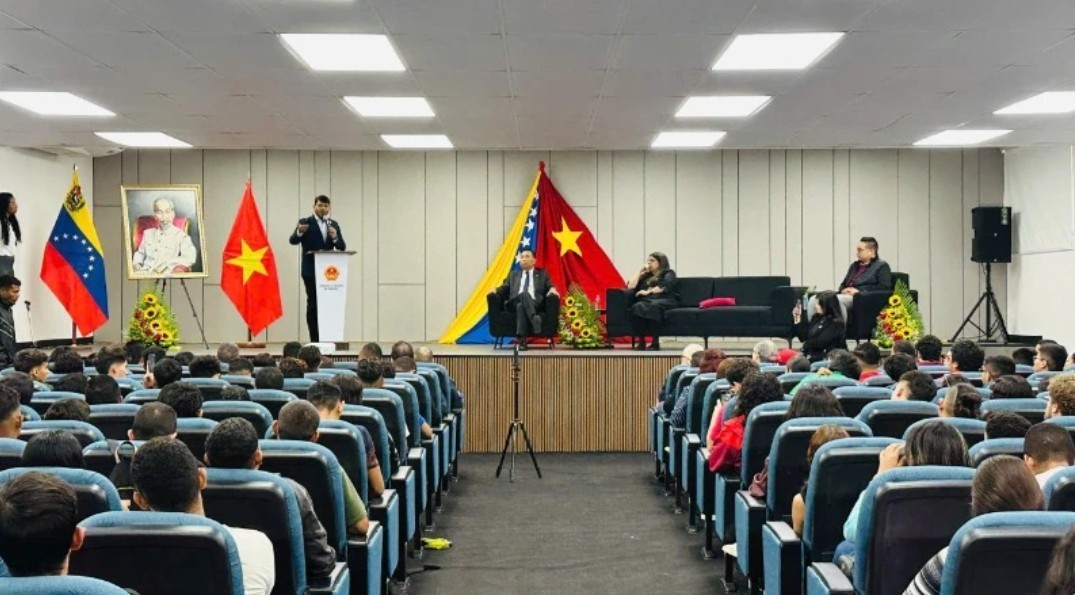 Friendship
Friendship




